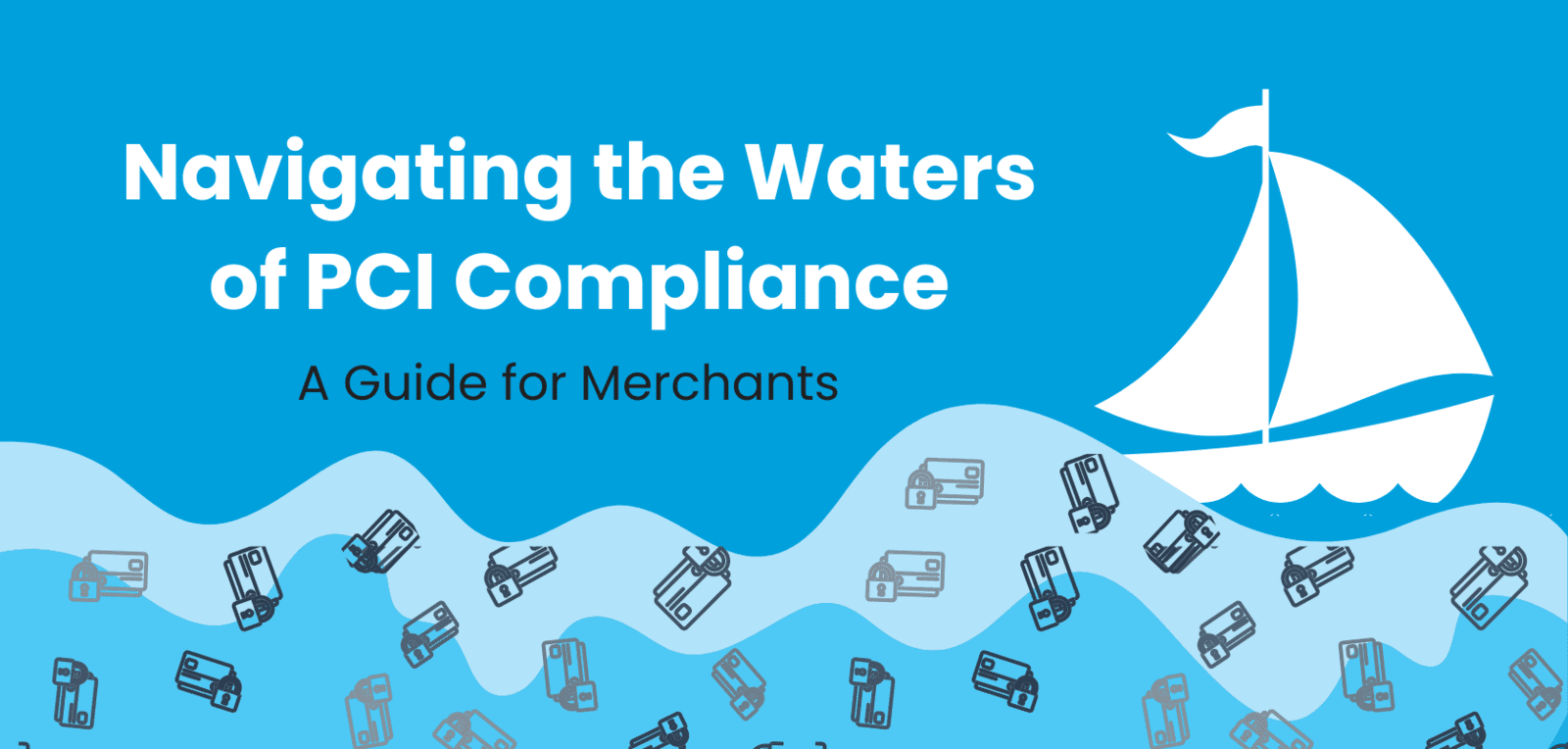A Guide for Merchants

Introduction:
In the ever-evolving landscape of digital transactions, ensuring the security of sensitive payment information is paramount for merchants. One of the key measures in this regard is PCI compliance. Payment Card Industry Data Security Standard (PCI DSS) compliance is not just a box to check; it's a crucial step toward safeguarding both your customers and your business. In this blog post, we'll explore what PCI compliance entails, why it matters, and how merchants can navigate the complex but necessary journey.
Understanding PCI Compliance: PCI compliance is a set of security standards designed to ensure that all companies that accept, process, store, or transmit credit card information maintain a secure environment. Developed by major credit card companies, including Visa, MasterCard, and American Express, PCI DSS consists of a comprehensive set of requirements that cover various aspects of data security.
The Stakes for Merchants: The consequences of non-compliance with PCI standards can be severe for merchants. Beyond the obvious financial risks associated with data breaches and fraud, there are legal and reputational ramifications. Fines, legal actions, and damage to brand reputation are just a few of the potential pitfalls for businesses that neglect PCI compliance.
Key Elements of PCI Compliance for Merchants:
Data Encryption: Utilize strong encryption methods to protect cardholder data during transmission and storage. This includes encrypting data over public networks and ensuring secure storage mechanisms.
Secure Network Infrastructure: Maintain a secure network by implementing firewalls, regularly updating security protocols, and restricting access to cardholder information.
Access Control Measures: Restrict access to sensitive data by implementing unique user IDs, password protection, and other access control measures. Limit access to a need-to-know basis.
Regular Monitoring and Testing: Implement continuous monitoring processes and conduct regular security assessments to identify vulnerabilities and address them promptly.
Security Policies and Procedures: Establish and enforce comprehensive security policies and procedures. Educate employees on the importance of data security and ensure they understand their role in maintaining compliance.
Incident Response Plan: Develop a robust incident response plan to address potential security incidents promptly. Knowing how to react in case of a breach is as crucial as preventing one.
Navigating the Compliance Journey: Achieving and maintaining PCI compliance can be a complex process, but it is a necessary investment in the security of your business. Consider the following steps to navigate the compliance journey effectively:
Assessment and Scope Determination: Identify the scope of your cardholder data environment (CDE) and conduct a thorough assessment to understand where sensitive data resides.
Partner with PCI-Certified Vendors: Choose vendors and service providers like PayLo Pro who are PCI compliant, as they play a critical role in the overall security of your payment ecosystem.
Employee Training: Train your staff on PCI compliance requirements and best practices. Employees should be aware of the importance of data security and their role in maintaining compliance.
Regular Audits and Updates: Conduct regular internal audits and assessments to ensure ongoing compliance. Stay informed about updates to the PCI DSS standards and adjust your security measures accordingly.
Conclusion: PCI compliance is not merely a regulatory obligation; it's a commitment to the security and trust of your customers. By adopting a proactive approach to data security, merchants can not only meet compliance requirements but also fortify their defenses against the evolving threat landscape. Prioritize PCI compliance as an integral part of your business strategy, and you'll be taking a significant step toward securing your place in the digital marketplace.





